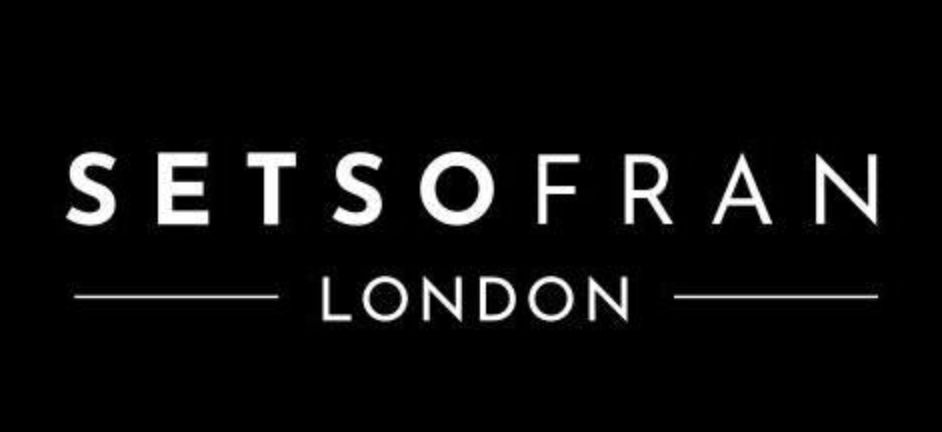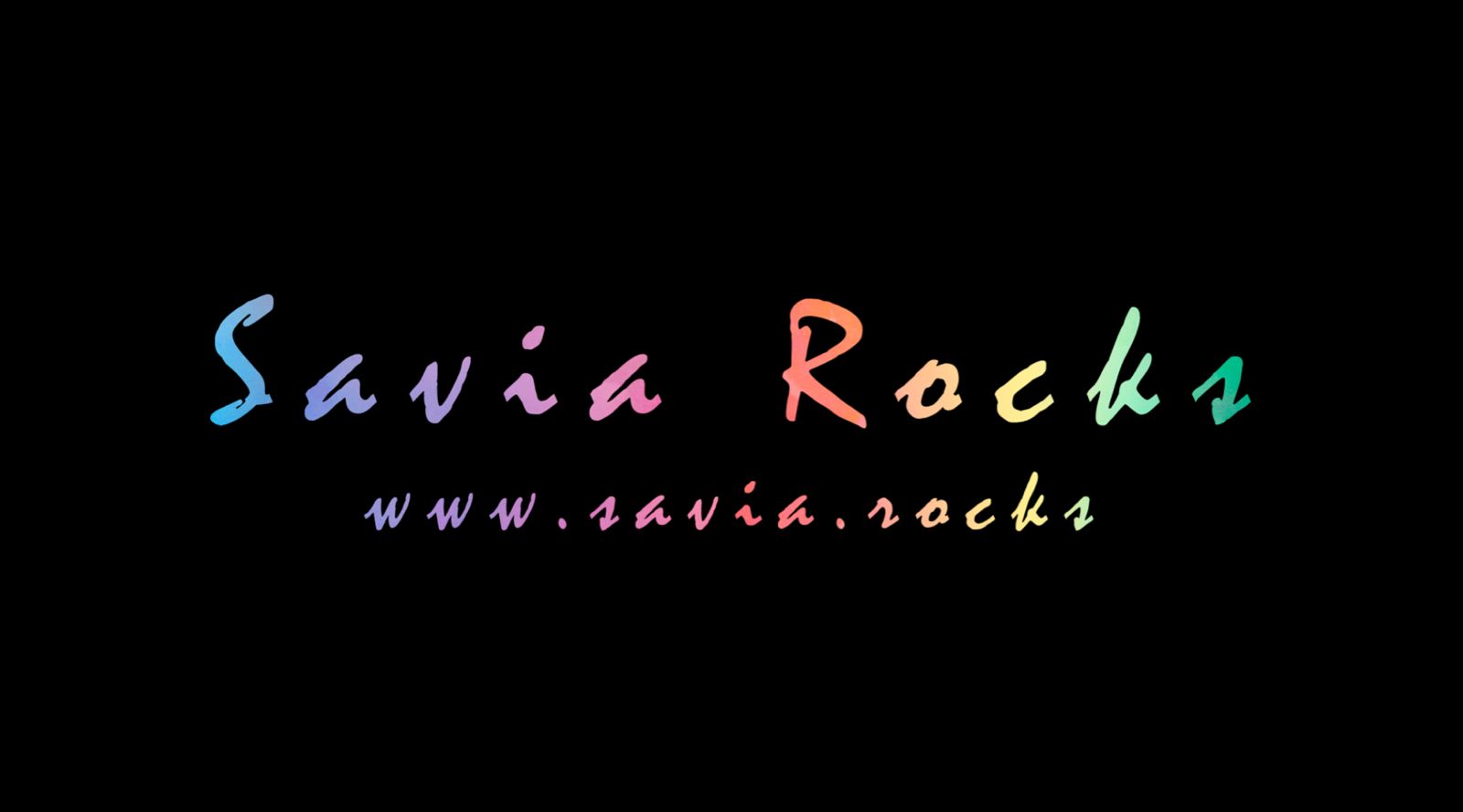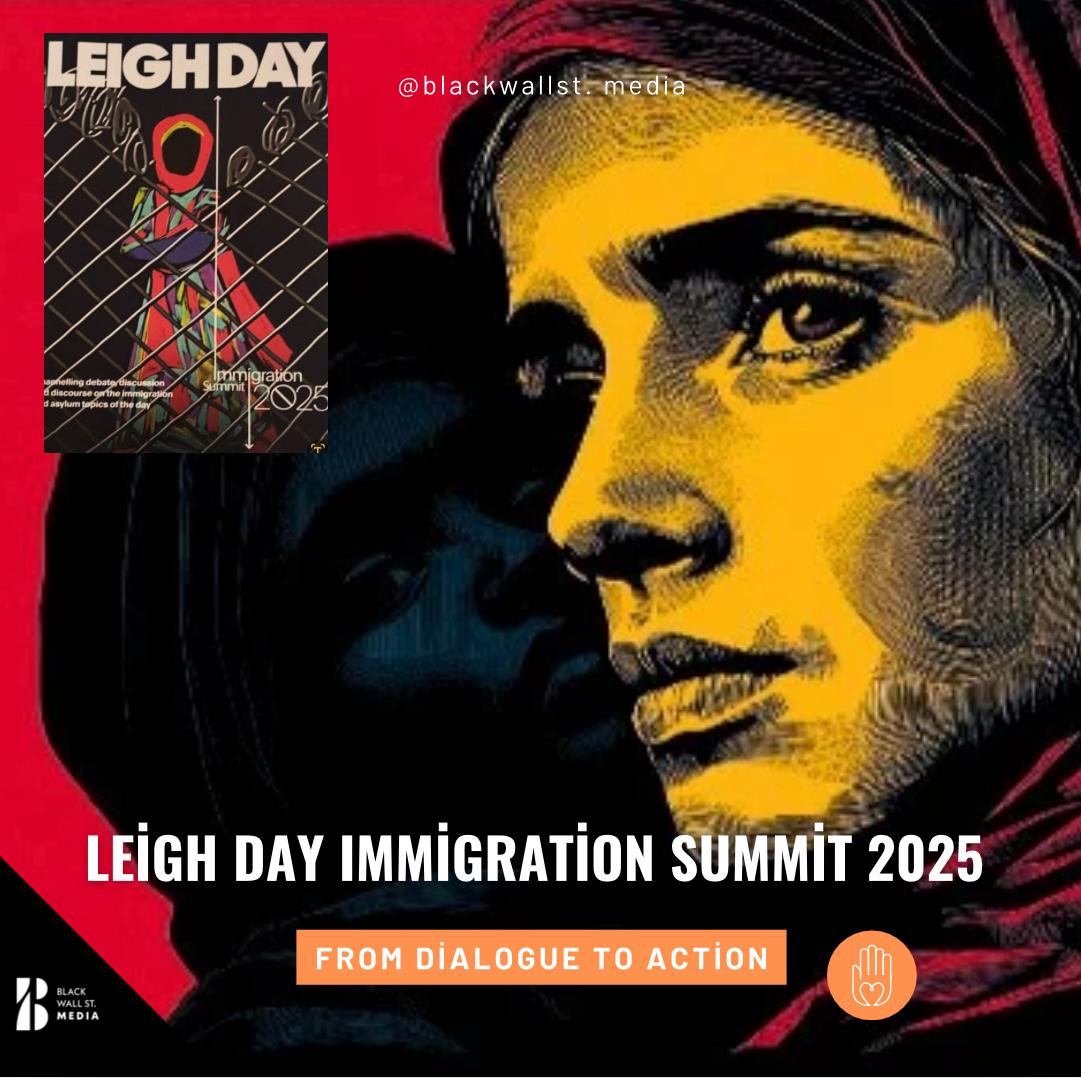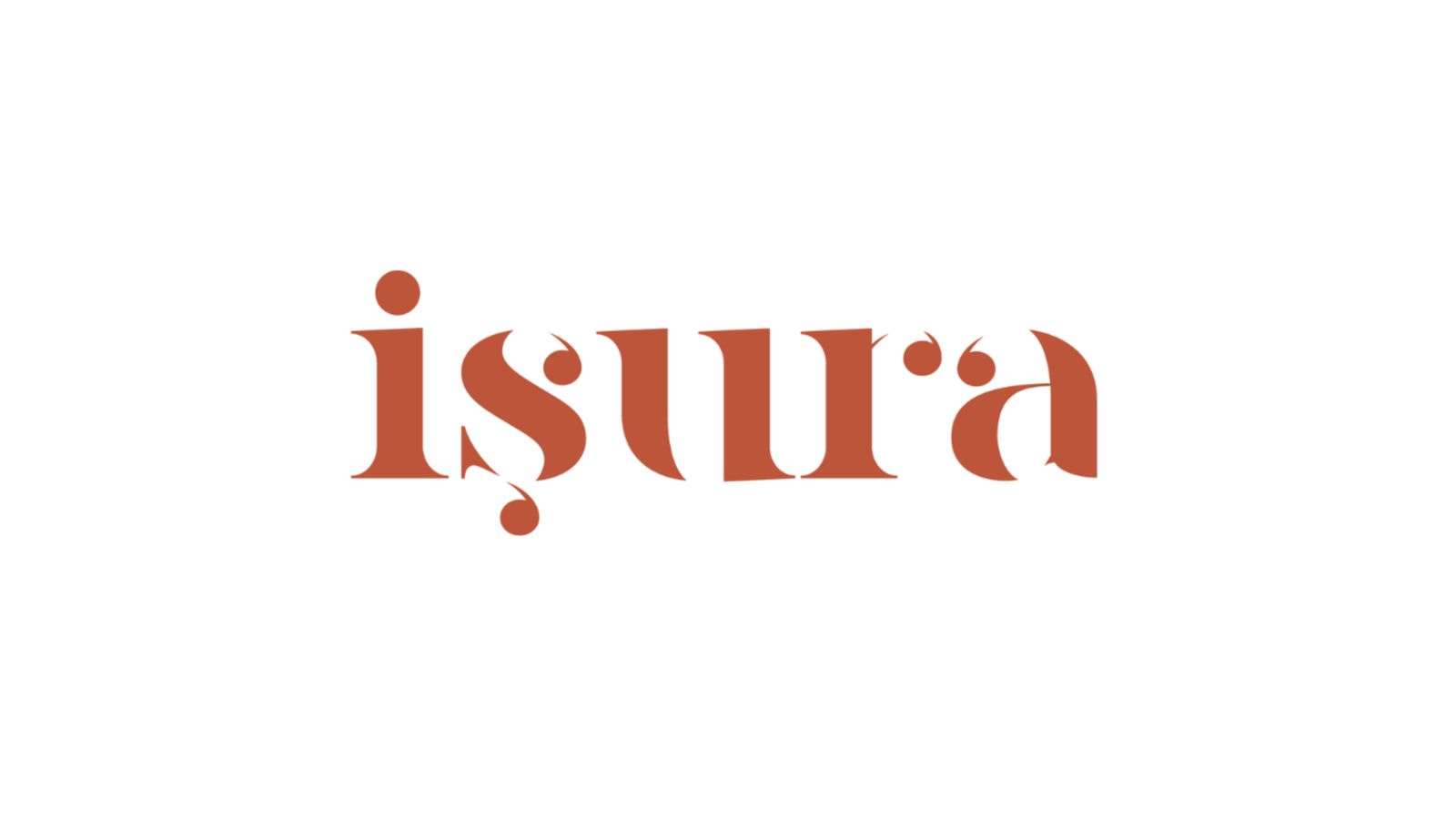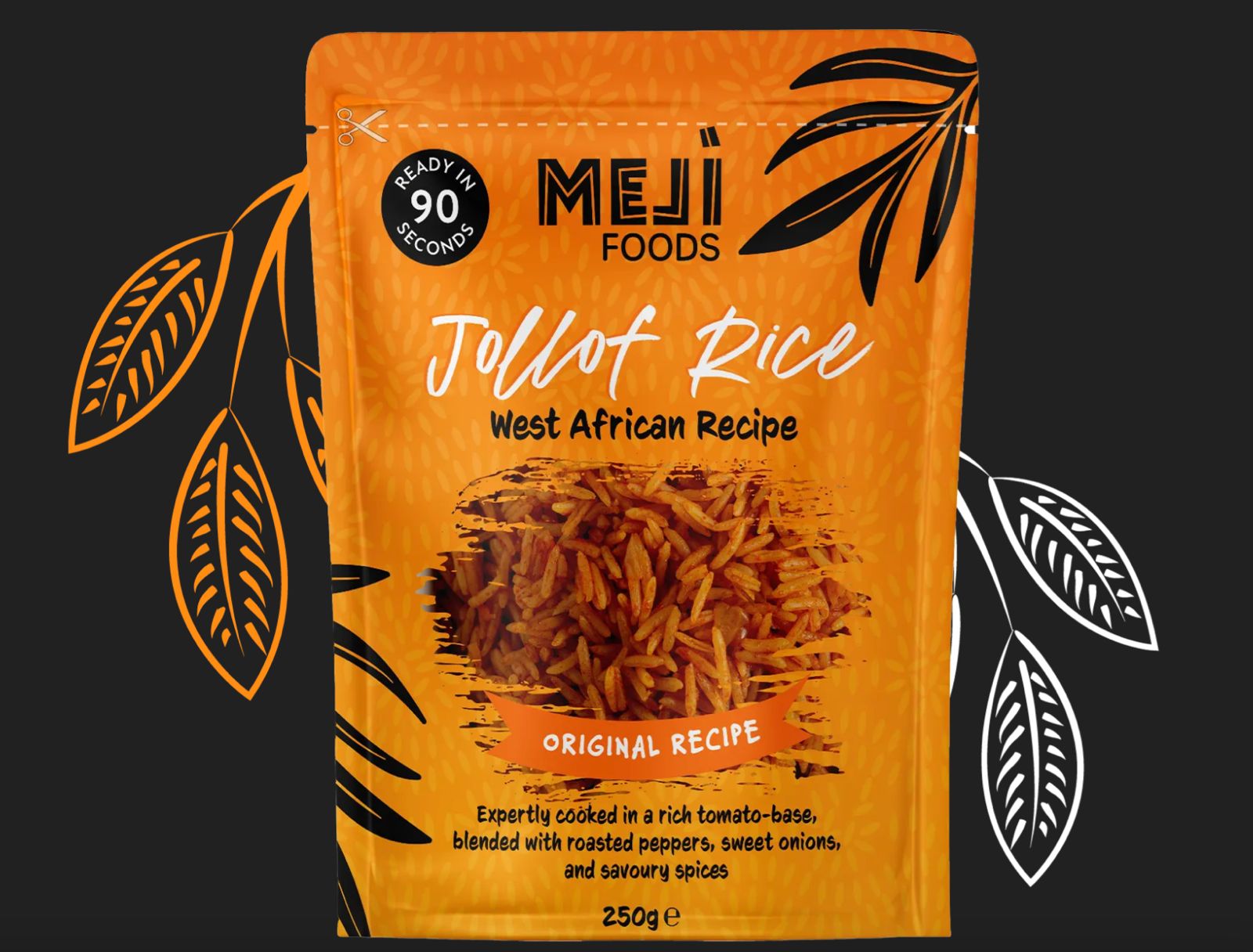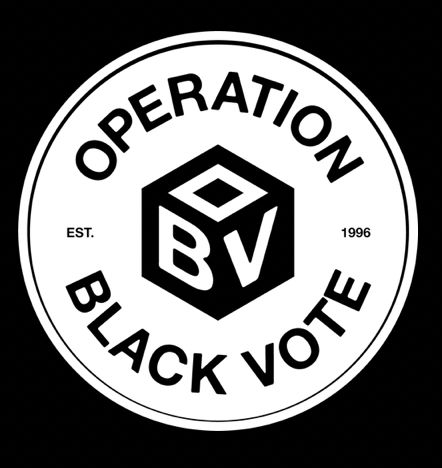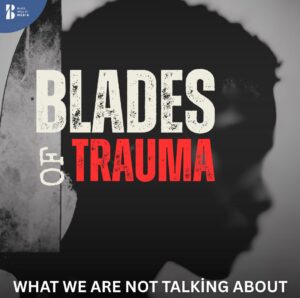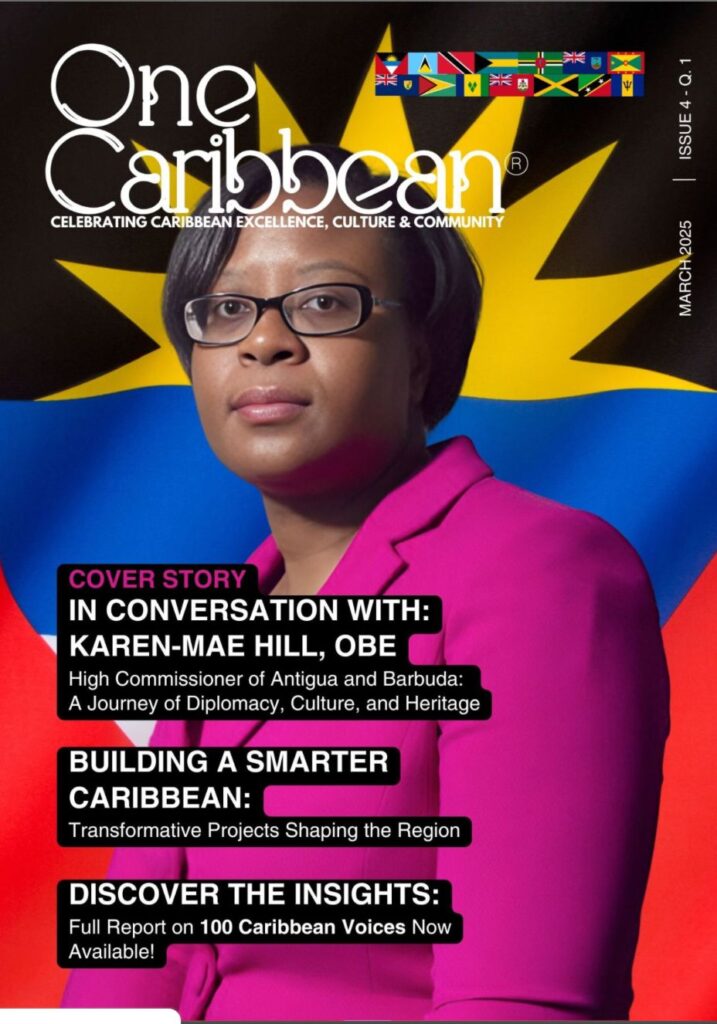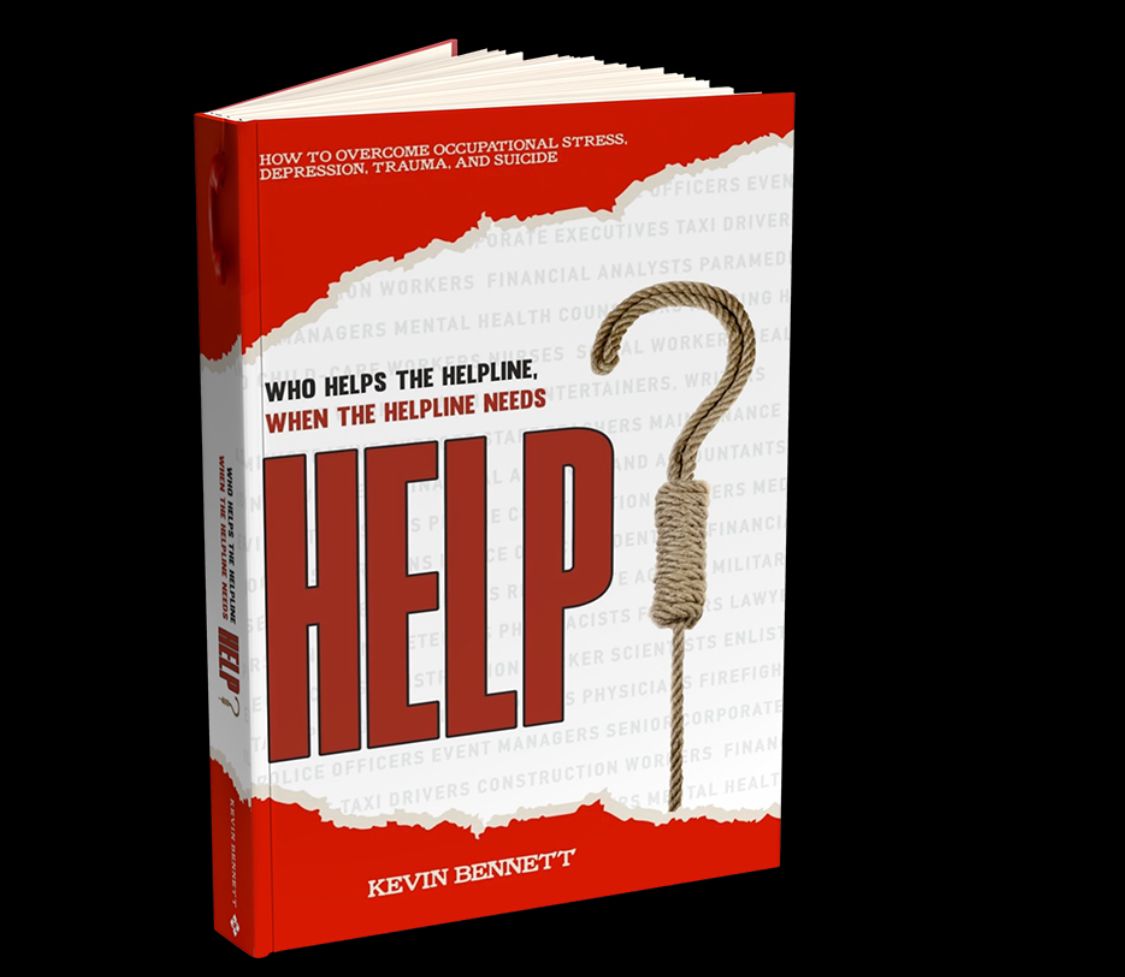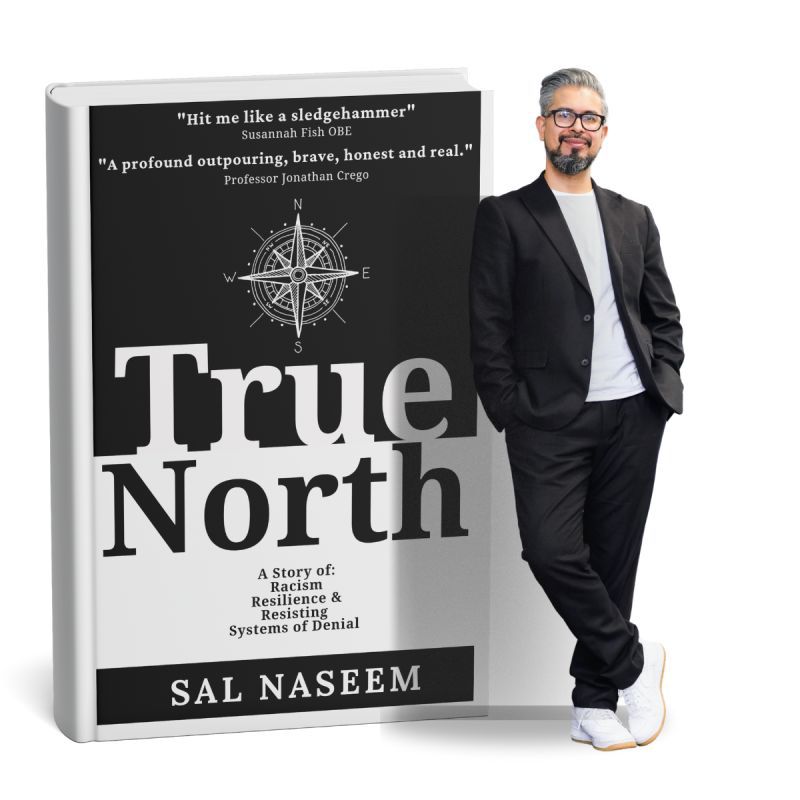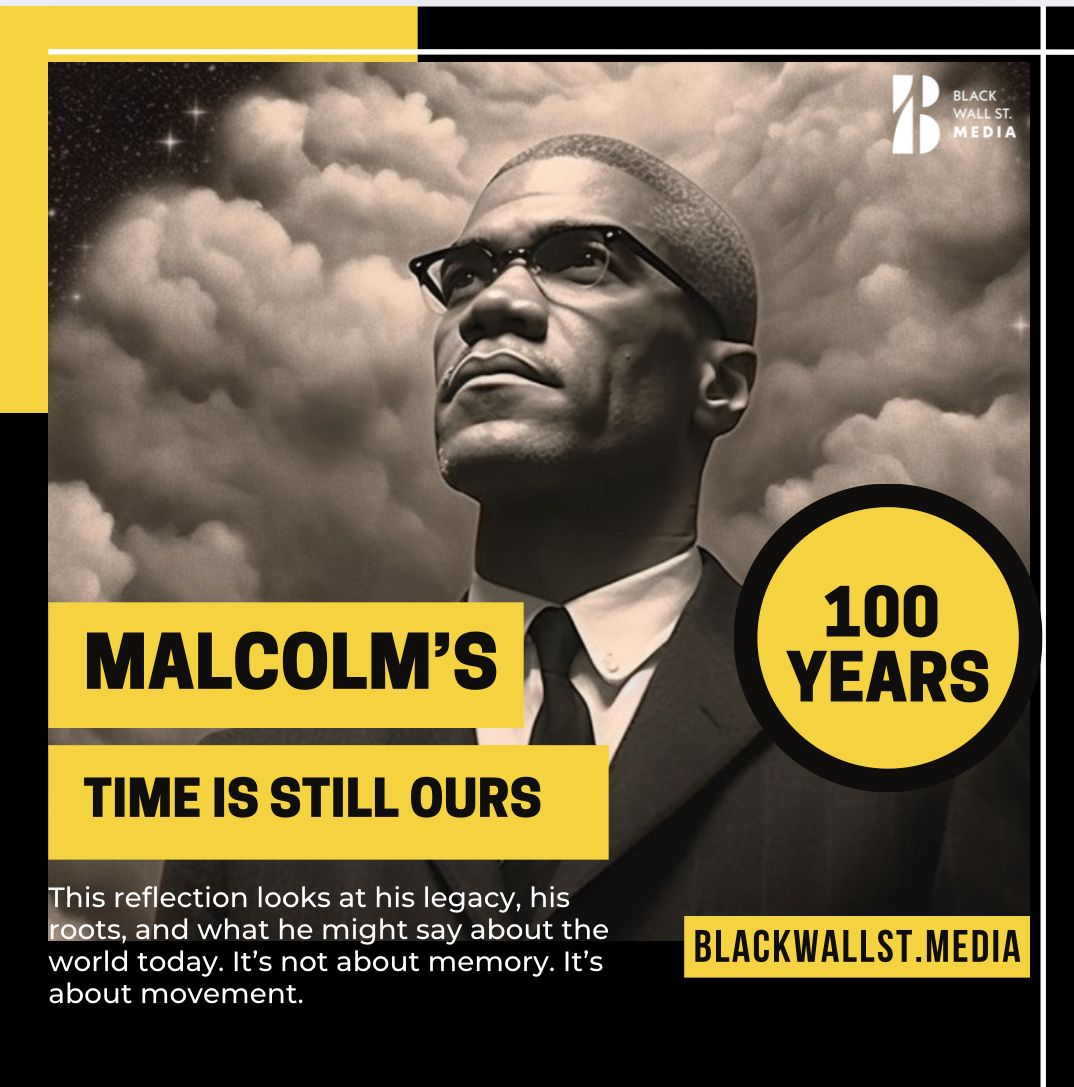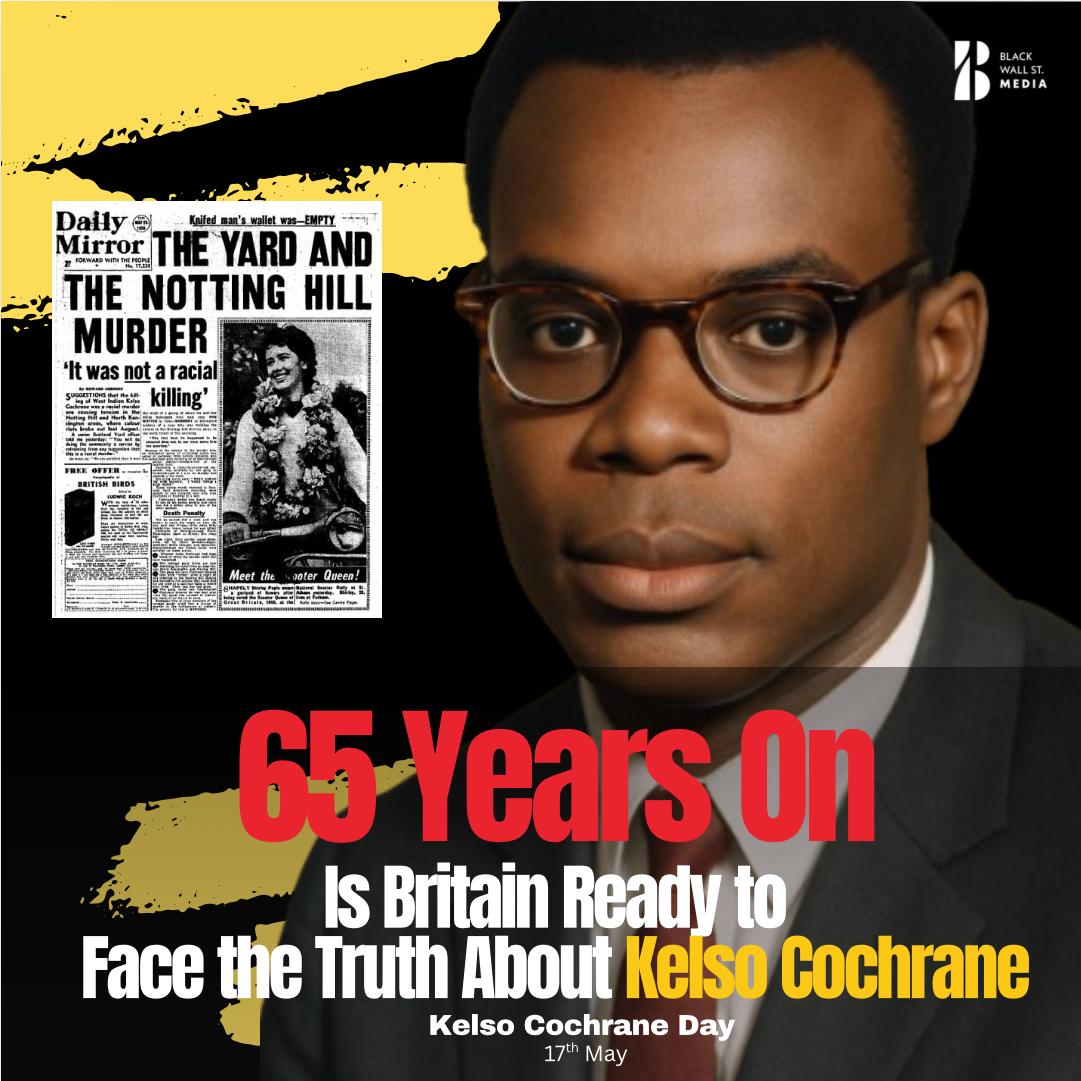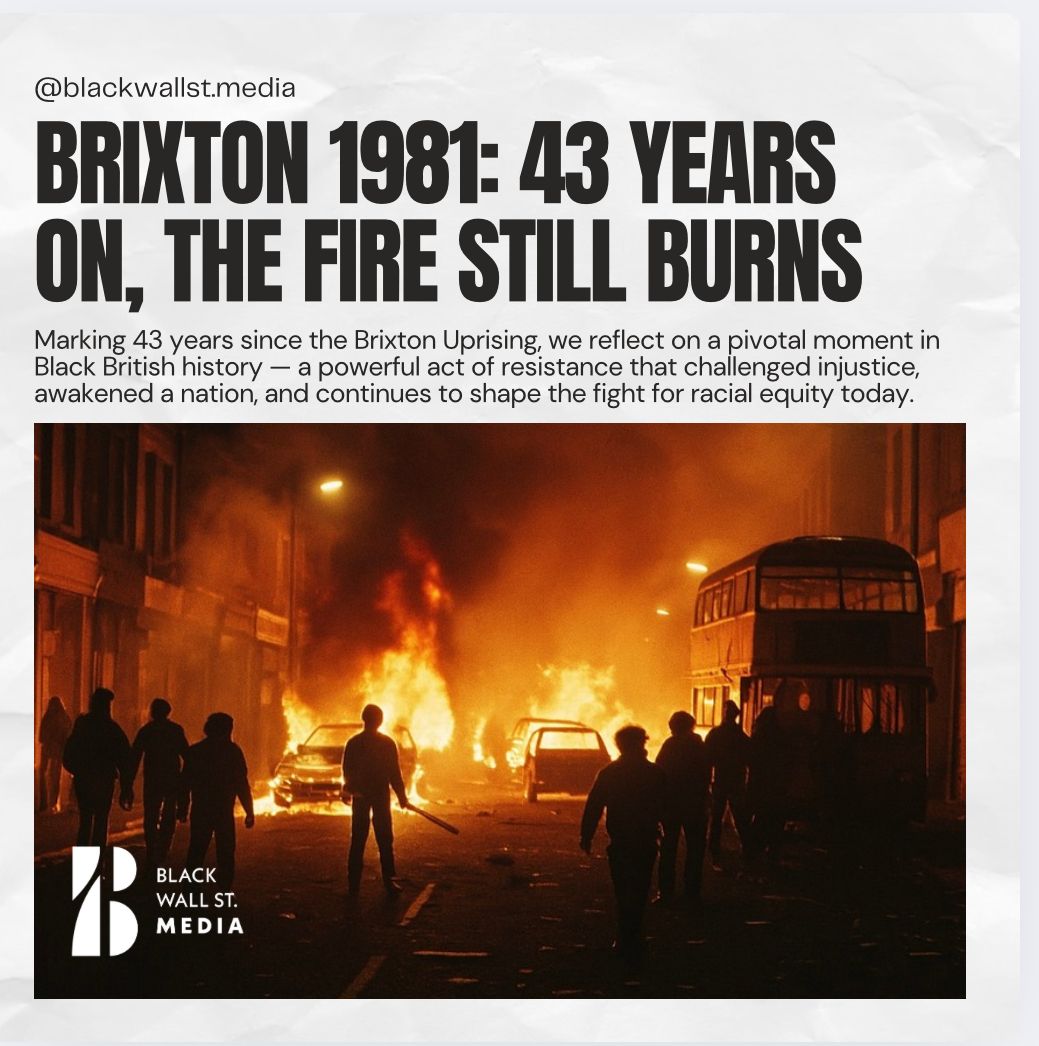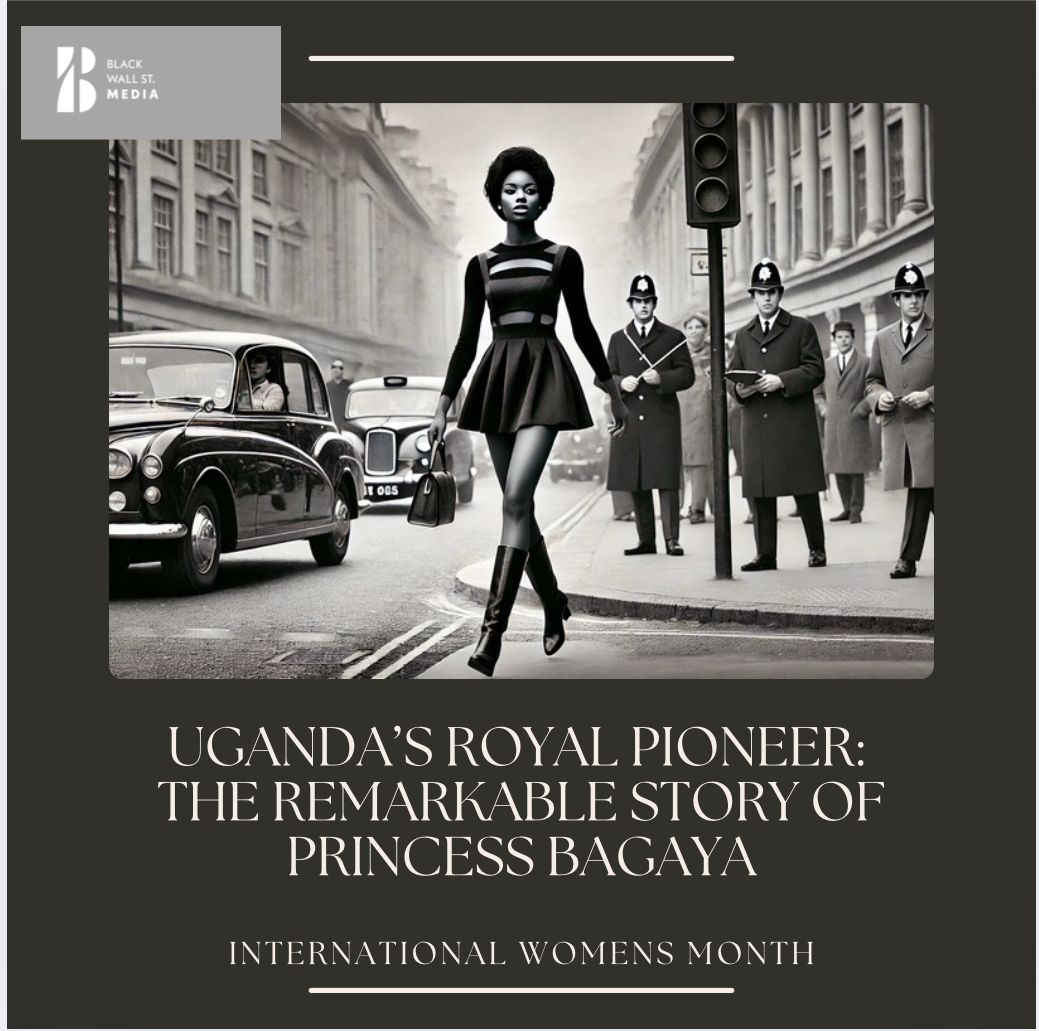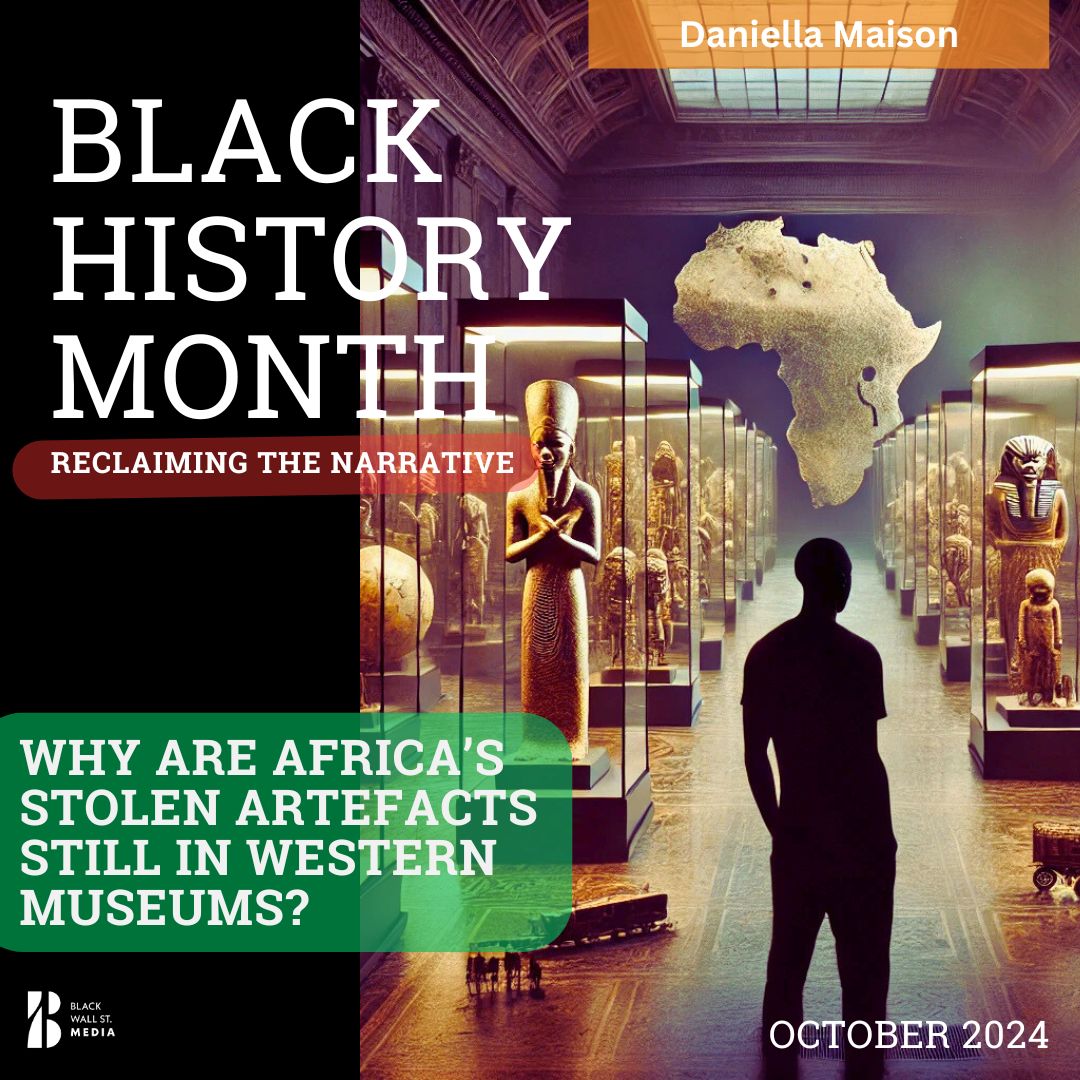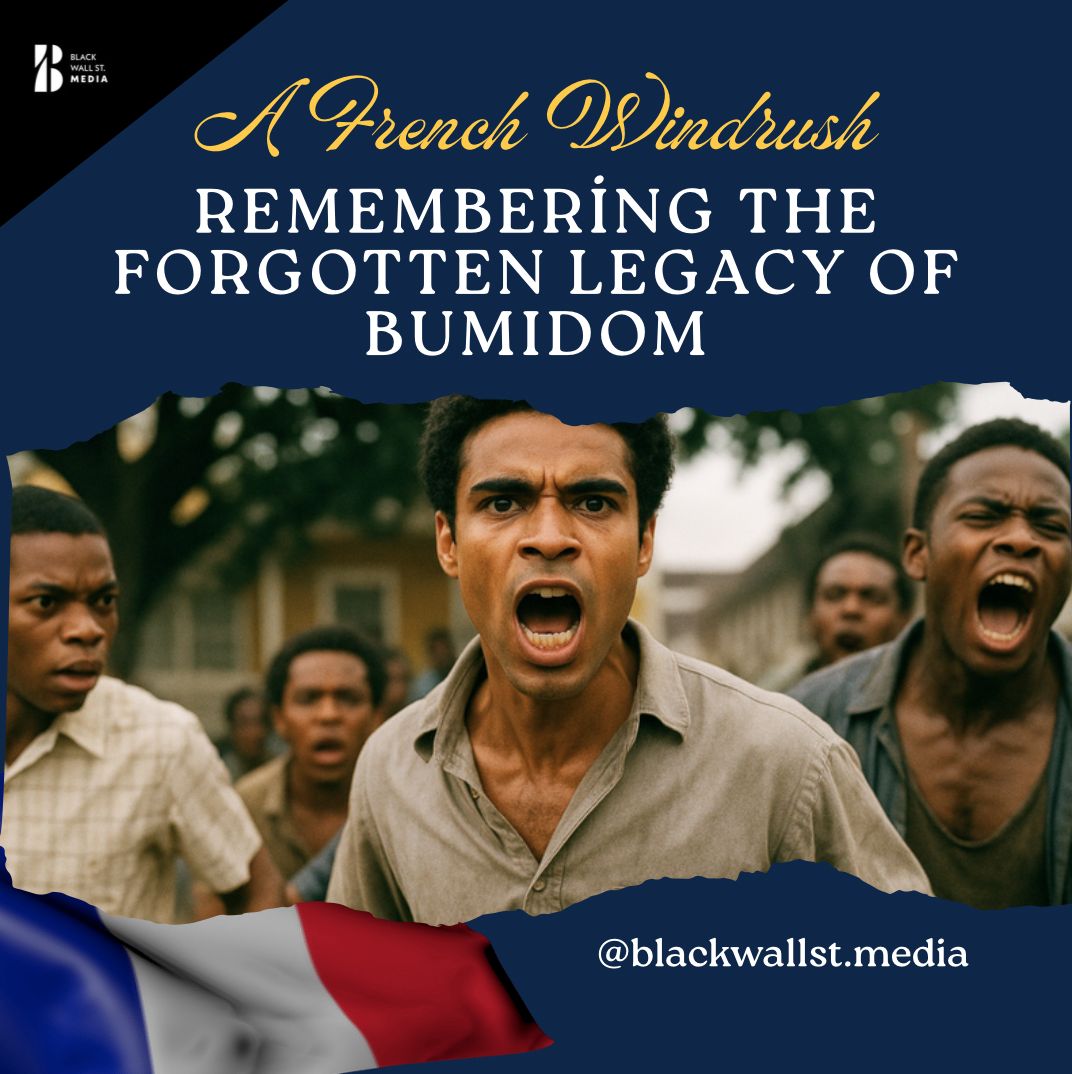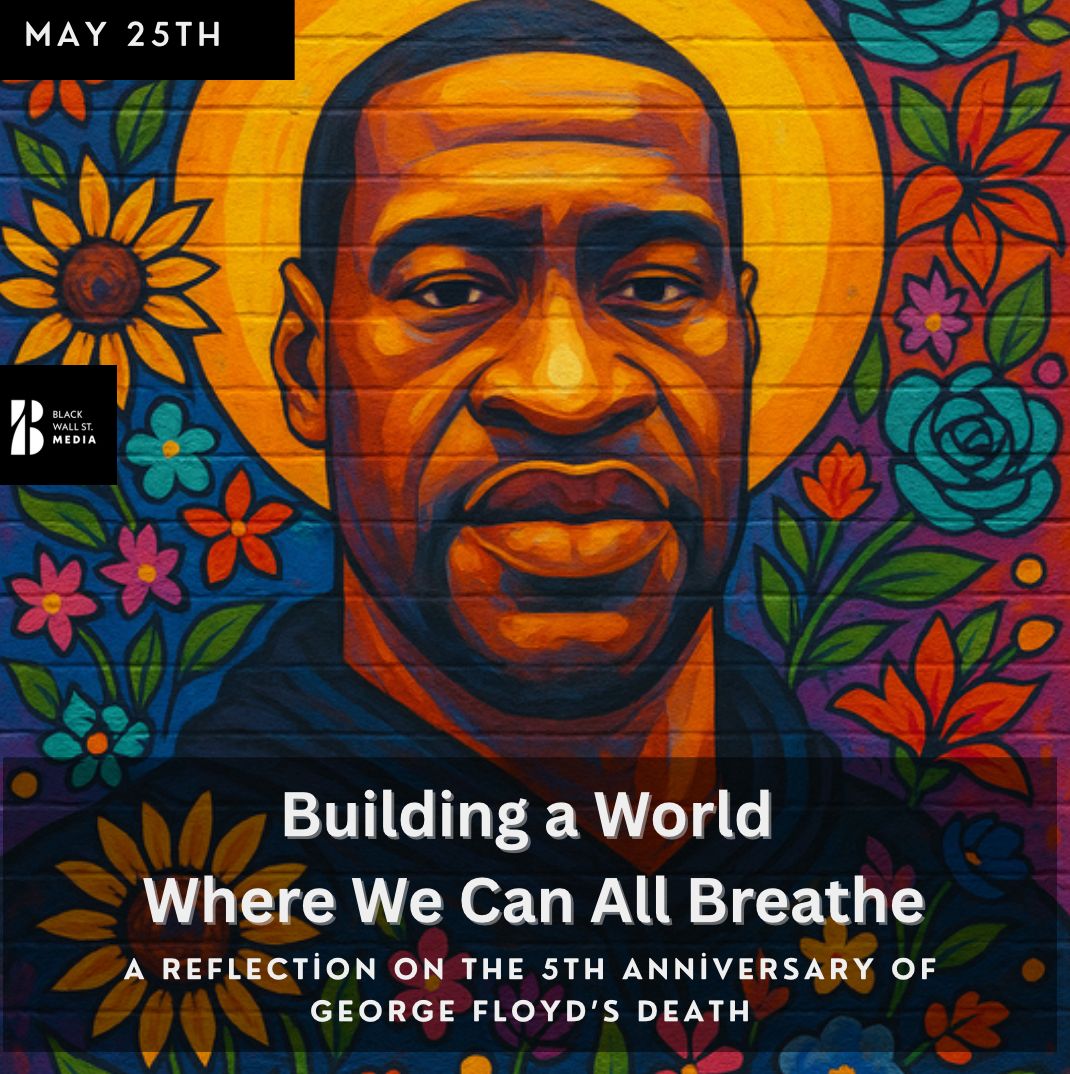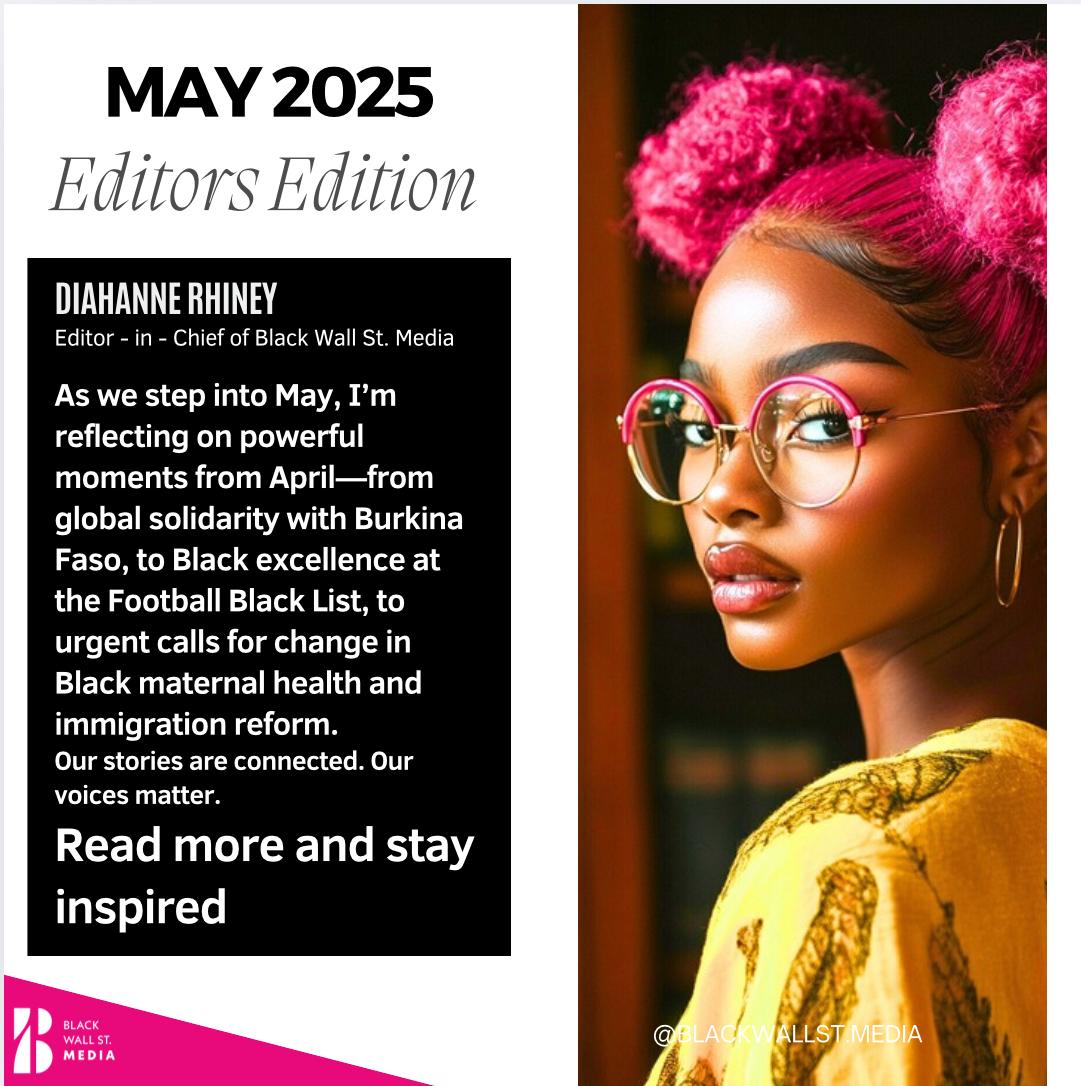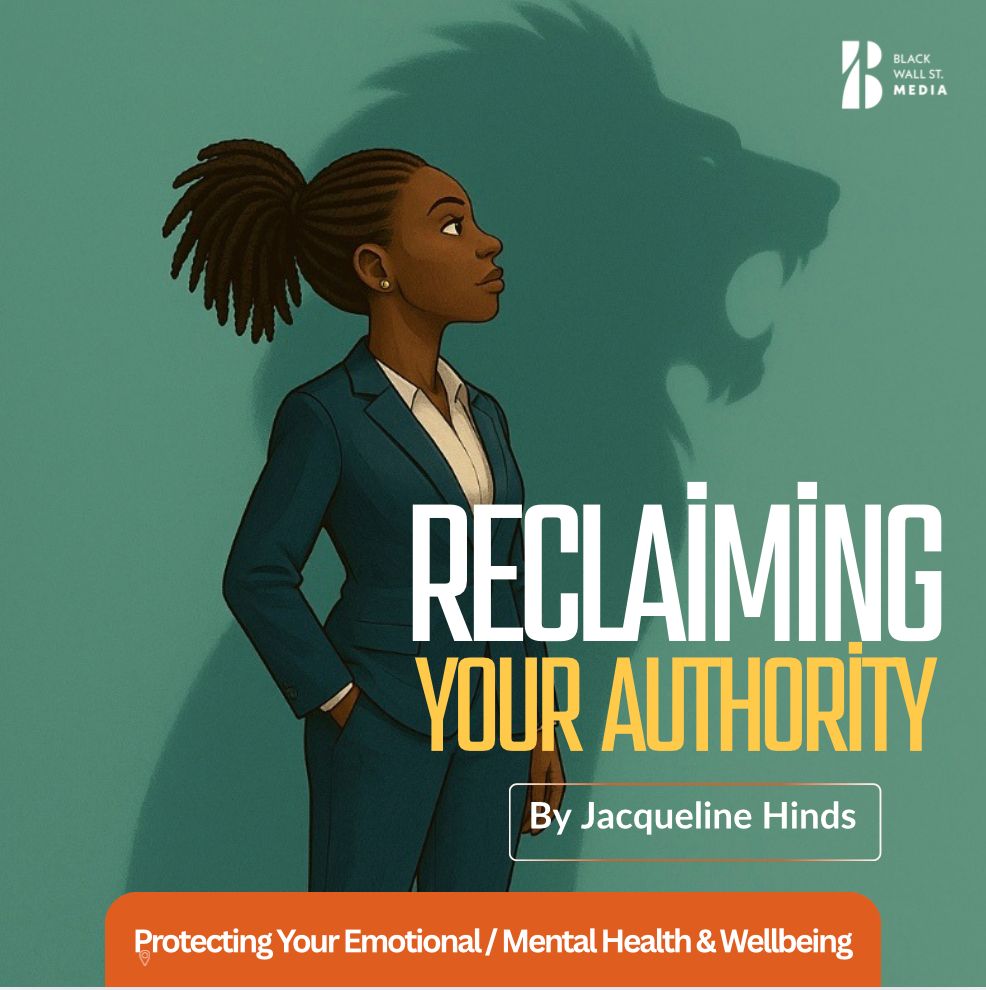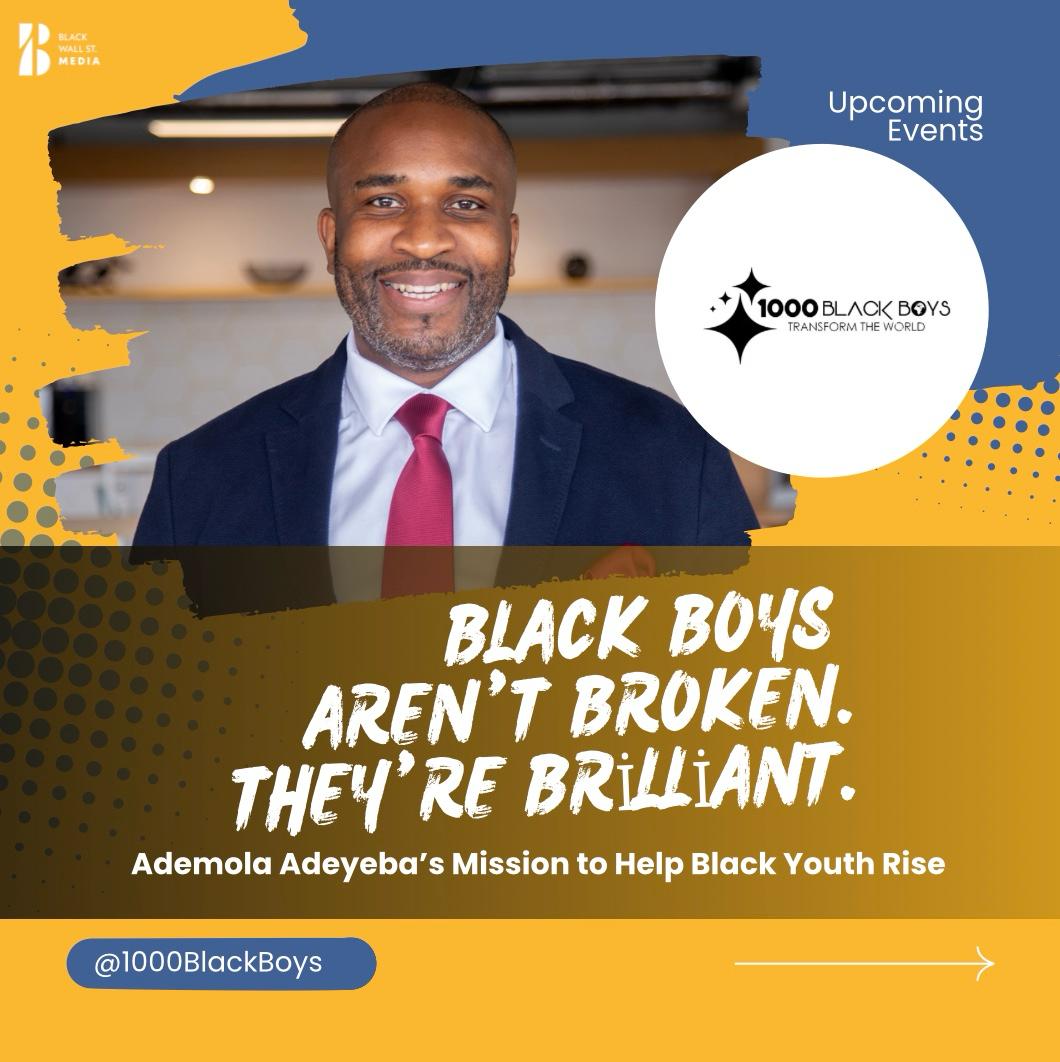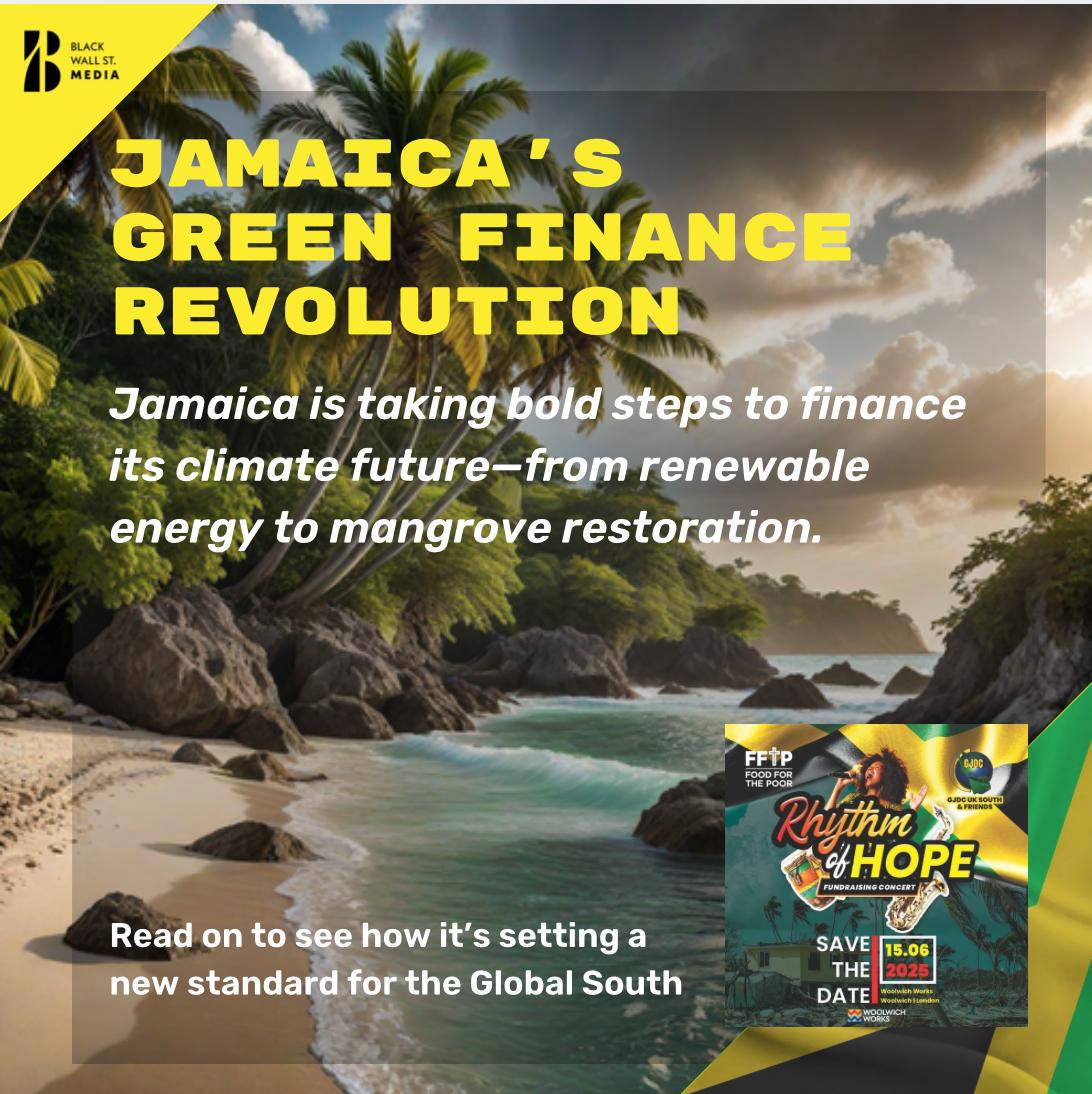Immigration & Asylum
Leigh Day Immigration Summit: From Dialogue to Action
“Over 250 experts. One powerful day.
From lived experience to legal reform — the Leigh Day Immigration Summit 2025 brought together voices from across the immigration, asylum, Windrush, and refugee sectors to push for change.Read the full summary, including highlights from a powerful keynote by journalist Simon Israel, moving art and performance, and the roadmap for what comes next.”
BWSMCONTRIBUTOR
Leigh Day Immigration Summit 2025 Unites 250 Experts to Shape the Future of Migration Policy
London, UK — The Leigh Day Immigration Summit 2025 brought together over 250 practitioners, advocates, legal professionals, and community organisers from across the immigration, asylum, Windrush, and refugee sectors.
The summit served as a forum for exploring policy development, building partnerships, and centring the voices of lived experience in shaping the UK’s immigration future.
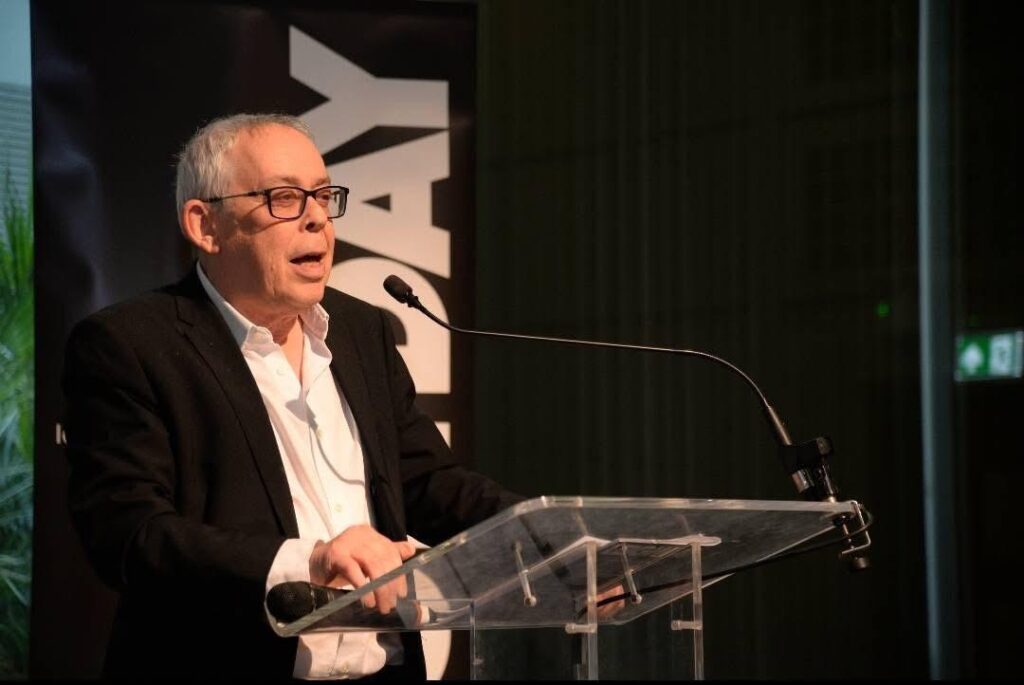
Keynote speaker: Simon Israel, legendary journalist known for his work at Channel 4 News, where he spent 40 years reporting on the UK’s most urgent justice and immigration issues.
The keynote address was delivered by award-winning journalist and broadcaster Simon Israel, who has spent over 40 years reporting on some of the UK’s most significant social justice and political issues.
Best known for his investigative work at Channel 4 News, Israel has covered landmark events including the Stephen Lawrence murder case, the Windrush Scandal, counter-terrorism trials, deaths in police custody, and outbreaks of civil unrest.
In a powerful opening, Israel shared a personal account of his great-grandfather, Morris Israel, who emigrated to the UK in 1900 and faced rejection of his citizenship application due to a minor conviction.
After years of advocacy from within his community, citizenship was granted in 1913. The story served as a reminder that debates over belonging and justice are deeply rooted in Britain’s immigration history.
Israel then addressed the escalating use of hostile rhetoric in UK political and media spheres, tracing the introduction of dehumanising terms such as “swamp” and “flooding” into mainstream discourse.
He critiqued the development of the Hostile Environment and the decline of government-led refugee programmes, like the UNHCR Gateway Resettlement Scheme, despite growing global displacement.
Highlighting the importance of cross-sectoral action, he pointed to recent advocacy wins:
-
The resettlement of refugees from a British military base in Cyprus.
-
The arrival in the UK of Sri Lankan Tamil families held unlawfully on Diego Garcia.
-
A successful campaign supporting migrant domestic workers exploited through modern slavery.
Israel closed by urging continued collaboration between journalists, lawyers, campaigners, and community groups to protect migrant rights and push back against injustice.
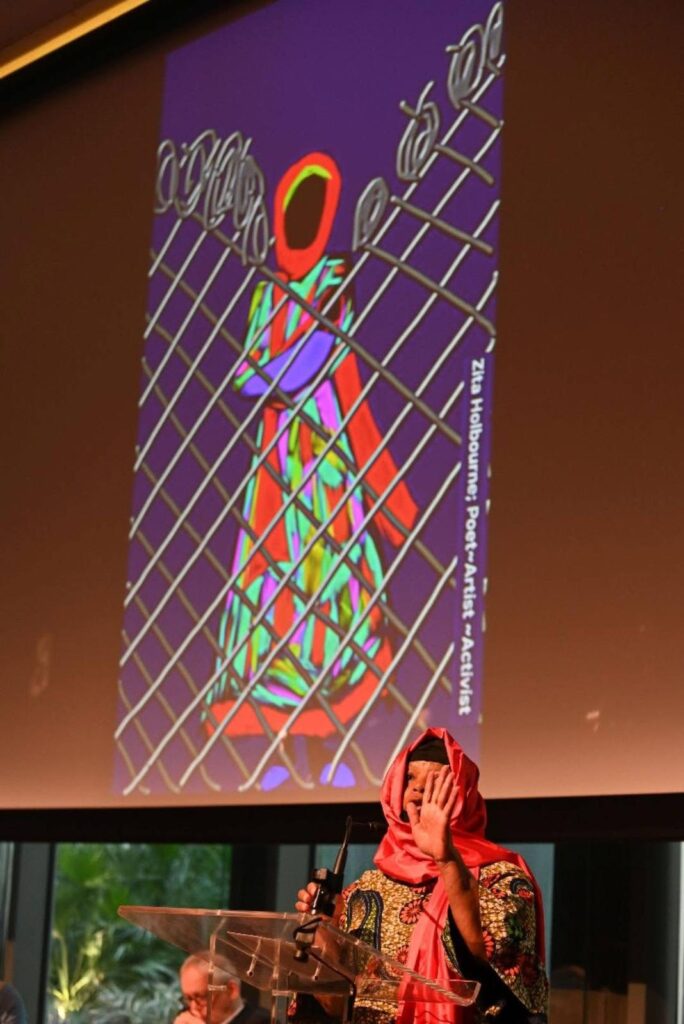
Zita Holbourne’s artwork “Displacement” set the tone for the summit. A faceless figure behind barbed wire — capturing the trauma of being displaced, detained, and unseen.
The event also featured “Displacement,” an evocative artwork by Zita Holbourne, and a dramatic performance of a real asylum interview, underscoring the emotional and human cost of immigration detention.
Sessions throughout the day focused on:
-
Strategic priority setting within the sector
-
Using evidence and lived experience to influence policy
-
Fostering partnerships across legal, academic, and grassroots sectors
-
Embedding migrant voices in practice and decision-making
Organisers stated that the summit marks a starting point for long-term work. Outputs and ideas gathered will be compiled and shared to inform future advocacy and policy development.


